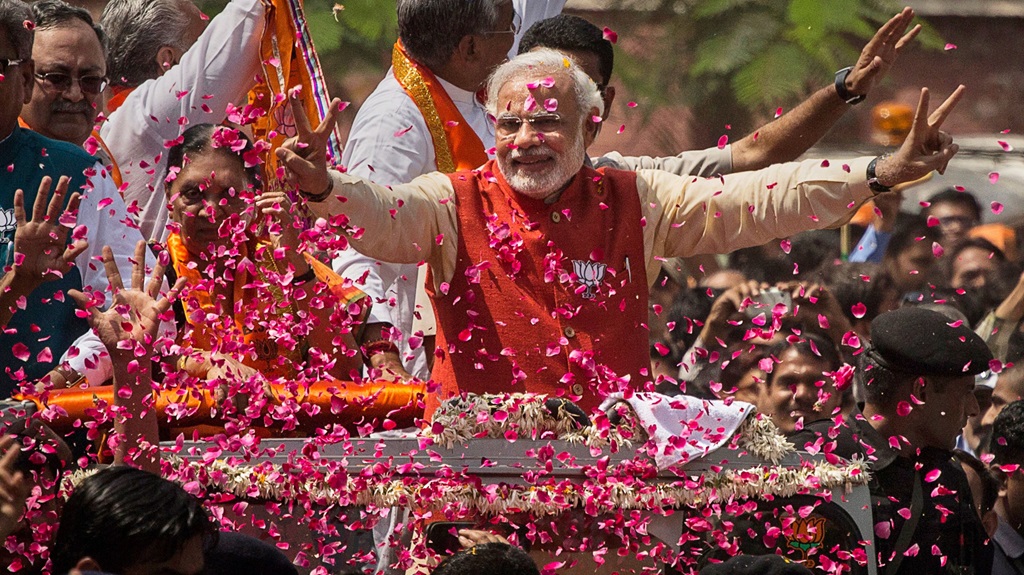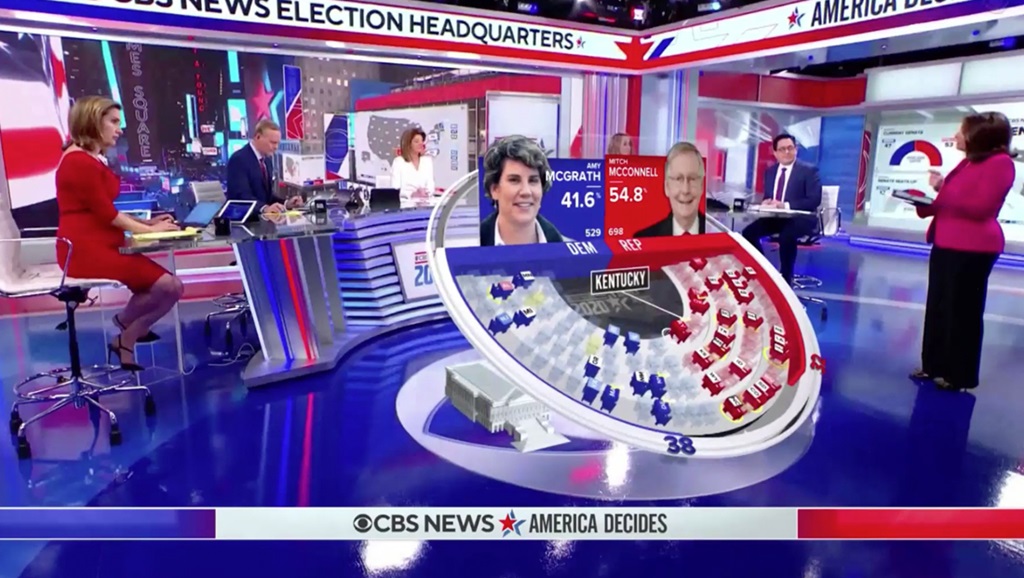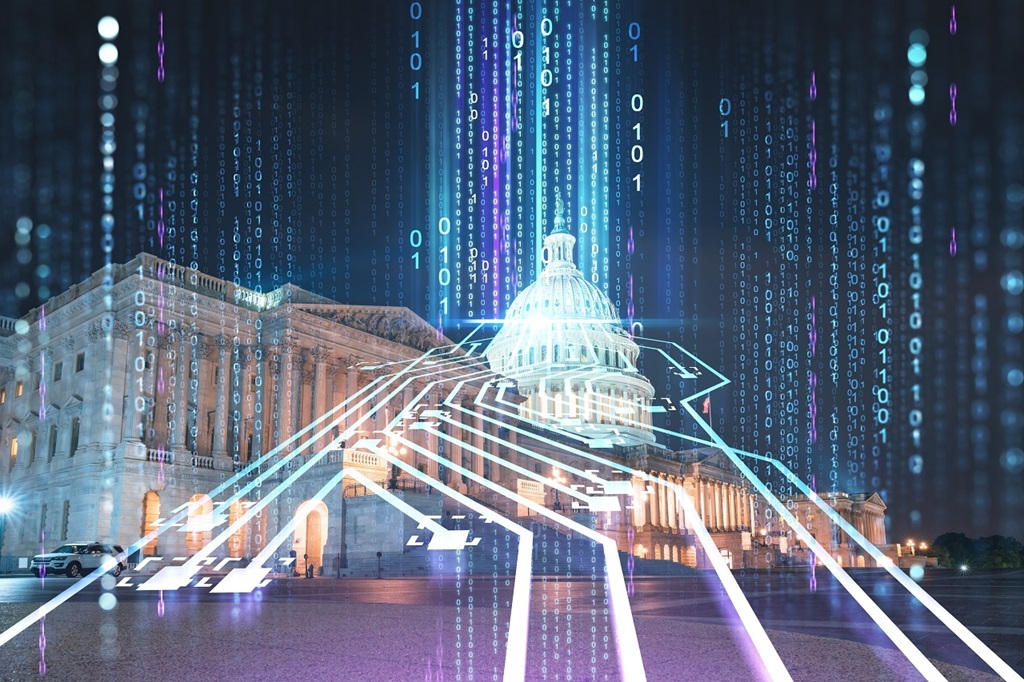
How Social Media Political Campaign Examples Made a Difference
Social media has become an integral part of political campaigns, reshaping the way candidates connect with voters. From Barack Obama’s groundbreaking 2008 presidential campaign to the unexpected success of Donald Trump in 2016, social media has proven to be a powerful tool for political communication.
Barack Obama’s 2008 Presidential Campaign
In 2008, Barack Obama leveraged social media like never before. His campaign strategically used platforms such as Facebook and Twitter to connect with younger voters, fostering a sense of community and engagement. The “Yes We Can” campaign went viral, showcasing the potential of social media to mobilize the masses.
Donald Trump’s 2016 Presidential Campaign
Donald Trump’s unorthodox use of social media during the 2016 campaign was a game-changer. His Twitter presence, though controversial, allowed him to communicate directly with supporters, dominating the online conversation. This unconventional approach demonstrated the impact of authenticity in political messaging.
Narendra Modi’s 2014 Indian General Election Campaign

Narendra Modi’s 2014 campaign in India showcased the global reach of social media. His team utilized platforms like WhatsApp to disseminate messages, creating a digital groundswell of support. The “Chai Pe Charcha” sessions became a symbol of interactive campaigning, connecting Modi with voters on a personal level.
Strategies Employed in Successful Campaigns
The success of these campaigns can be attributed to specific strategies:
Targeted Advertising
Campaigns tailored their ads to specific demographics, ensuring messages resonated with diverse groups of voters. Micro-targeting allowed for personalized communication, enhancing the effectiveness of political ads.
Engaging Content Creation
Creative and shareable content played a pivotal role. Memes, videos, and infographics helped simplify complex political messages, making them accessible to a broader audience. The key was to make politics relatable and shareable.
Real-time Interaction with Voters
Social media provides a platform for real-time interactions. Live Q&A sessions, town halls, and direct messaging allowed candidates to address concerns immediately, fostering a sense of accessibility and responsiveness.
Challenges in Social Media Political Campaigns
While social media offers immense opportunities, it also poses challenges:
Spread of Misinformation
The rapid dissemination of information can lead to the spread of misinformation. Campaigns need robust fact-checking mechanisms to counter false narratives and maintain credibility.
Maintaining a Positive Online Presence
Negativity on social media can quickly tarnish a candidate’s image. Campaigns must navigate online discourse carefully, promoting a positive message while addressing criticism constructively.
Dealing with Social Media Algorithms
Changes in algorithms can impact the visibility of content. Understanding and adapting to these algorithms is crucial for campaigns to ensure their messages reach the intended audience.
Social Media Campaigns in Recent Elections

Recent elections have further underscored the significance of social media:
2020 U.S. Presidential Election
The 2020 U.S. election witnessed an unprecedented use of social media, with candidates employing influencers and leveraging platforms like TikTok to engage younger voters.
United Kingdom General Election 2019
In the UK, political parties utilized Twitter and Instagram to connect with voters. Memorable hashtags and user-generated content became central to campaign strategies.
The Role of Influencers in Political Campaigns
Influencers have become political advocates, impacting campaigns in various ways:
Celebrities as Political Advocates
Celebrities endorsing political candidates can sway public opinion. Their large following provides candidates with an extended reach and influence.
Micro-influencers and Grassroots Campaigns
Micro-influencers, with smaller but dedicated followings, play a crucial role in grassroots campaigns. Their authenticity and local influence can be more relatable to certain demographics.
Social Media Analytics in Campaign Strategy
Data-driven decision-making is now a cornerstone of political campaigning:
Data-driven Decision Making
Campaigns analyze user data to tailor messages, predict voter behavior, and optimize ad placements. Analytics provide valuable insights for strategizing.
Monitoring Public Sentiment
Real-time monitoring of public sentiment helps campaigns gauge the effectiveness of their messaging and adjust strategies accordingly.
Emerging Trends in Social Media Political Campaigns

The landscape continues to evolve, introducing new trends:
Use of Augmented Reality (AR)
AR is being incorporated into campaigns, offering immersive experiences for voters. Virtual campaign events and rallies are becoming more common.
Integration of Virtual Town Halls
Candidates are utilizing virtual town halls to connect with voters. These events provide a platform for direct communication and address specific concerns.
Ethical Considerations in Social Media Campaigning
As social media’s role expands, ethical considerations come to the forefront:
Privacy Concerns
The collection and use of user data raise privacy concerns. Striking a balance between effective campaigning and respecting privacy is essential.
Transparency and Accountability
Candidates must be transparent about their online activities. Establishing trust with voters requires accountability for digital campaign practices.
Impact of Social Media on Voter Turnout
Social media plays a pivotal role in mobilizing voters:
Mobilizing the Youth Vote
Platforms like Instagram and Snapchat are effective in reaching younger voters, mobilizing a demographic that traditionally had lower voter turnout.
Reaching Underrepresented Communities
Social media provides a platform to address issues important to underrepresented communities, amplifying their voices and concerns.
Global Perspectives on Social Media and Politics
Political campaigns worldwide showcase diverse approaches:
Case Studies from Various Countries
Examining campaigns in different countries offers insights into cultural nuances and varying strategies.
Cross-cultural Influences
The interconnected nature of social media allows for cross-cultural influences, with successful strategies inspiring campaigns globally.
Future Outlook
The future of social media political campaigns holds both challenges and opportunities:
Evolving Technologies in Political Campaigning

Advancements in technology, such as AI and blockchain, will impact how social media political campaign examples are run, introducing new possibilities and challenges.
Potential Challenges and Opportunities
As social media platforms evolve, campaigns must adapt to changing algorithms and user behaviors. Navigating these changes presents both challenges and opportunities.
Conclusion
In conclusion, social media has revolutionized political campaigning, providing unprecedented access and engagement. Successful campaigns leverage targeted advertising, engaging content, and real-time interaction. However, challenges such as misinformation and algorithm changes require constant adaptation. As technology advances, the future of political campaigns on social media holds exciting possibilities.
FAQs
How important is social media in modern political campaigning?
Social media is crucial in reaching and engaging voters, especially the younger demographic. Its real-time nature allows for direct interaction, shaping political discourse.
What role do influencers play in political campaigns?
Influencers, both celebrities and micro-influencers, can significantly impact campaigns by extending reach, providing authenticity, and connecting with specific demographics.
How do campaigns navigate the challenge of misinformation on social media?
Fact-checking mechanisms, transparency, and prompt responses are essential in countering misinformation and maintaining campaign credibility.
What ethical considerations should be taken into account in social media campaigning?
Privacy concerns and transparency in online activities are critical ethical considerations. Respecting user privacy while maintaining campaign transparency is a delicate balance.
How is technology shaping the future of political campaigns on social media?
Evolving technologies like AI and blockchain present both challenges and opportunities, influencing how campaigns strategize and engage with voters.
